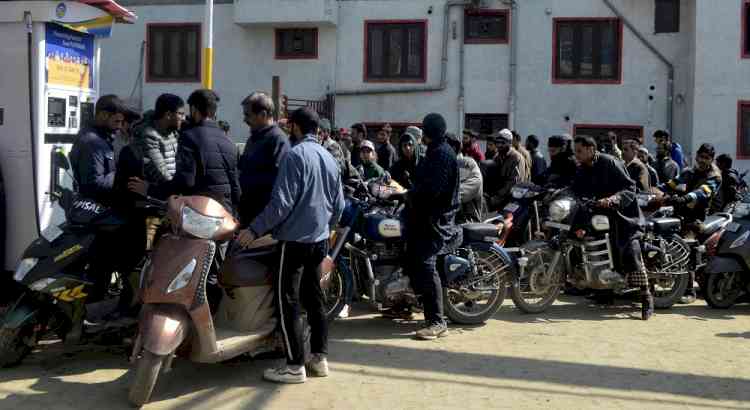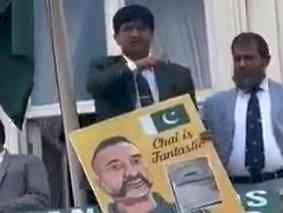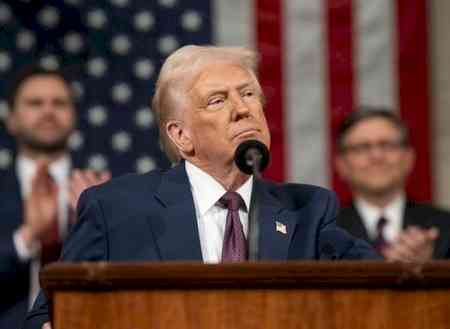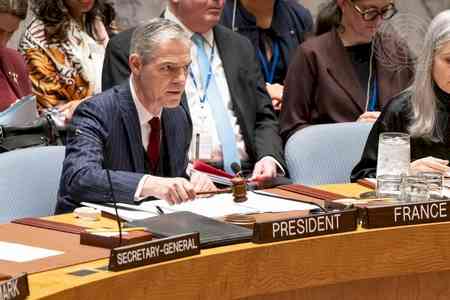Long queues at Islamabad, Rawalpindi petrol pumps after oil companies stop supply
Long queues have lined up outside petrol pumps in twin cities -- Islamabad and Rawalpindi -- after oil marketing companies (OMCs) stopped the supply of the essential commodity, the media reported.

Rawalpindi, June 7 (IANS) Long queues have lined up outside petrol pumps in twin cities -- Islamabad and Rawalpindi -- after oil marketing companies (OMCs) stopped the supply of the essential commodity, the media reported.
A representative of the petrol pump association said that the supply has been stopped and tankers have lined up outside oil depots for refilling, Geo News reported.
The official asked the OMCs to restart the supply of petroleum products as if the reserves of the petrol pumps run out, then businesses will be severely affected.
"We are in talks with oil supply companies regarding the matter," he added.
Meanwhile, Chairman Pakistan Petroleum Dealers Association (PPDA) Abdul Sami Khan said that the reserves of the pumps are running shortly after "Finance Minister Miftah Ismail announced another probable hike in petrol prices".
He maintained that the supply to the petrol pumps had not stopped yet, but due to the rush at the filling stations, their reserves might be exhausted soon, Geo News reported.
Later, rebutted reports and clarified that the government has no plans to hike the price of petroleum products.
"There will be no increase in prices today, and there is no summary or plan to raise prices," the Pakistan finance minister said in a tweet after media reports quoted him as saying that petrol prices will move up further.
"In the pre-budget seminar I never even spoke about petroleum prices. Channels running these tickers are doing a disservice to their viewers," the finance minister said.
In his address to the one-day long pre-budget business conference, Ismail said that had the government taken decisions in line with former prime minister Imran Khan and former Pakistan finance minister Shaukat Tarin's deal with the International Monetary Fund (IMF), the price of petrol would have stood at Rs 300 per litre.


 IANS
IANS 










